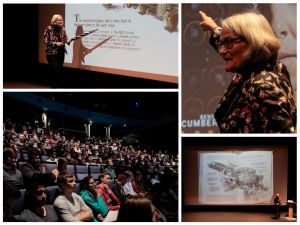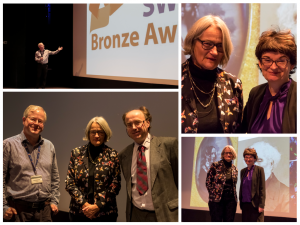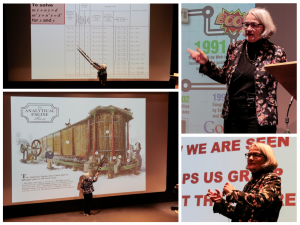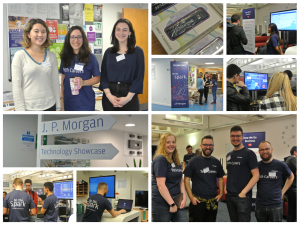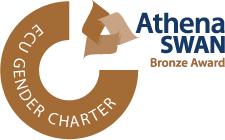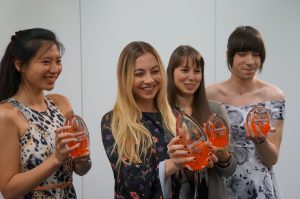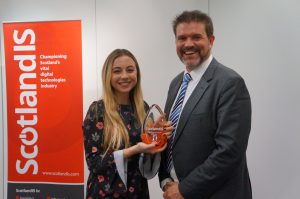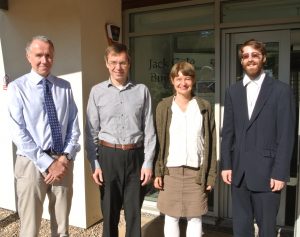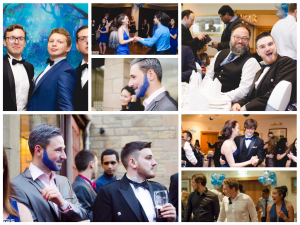Esma’s abstract
The ability to integrate information from different sensory modalities in a social context is crucial for achieving an understanding of social cues and gaining useful social interaction and experience. Recent research has focused on multi-modal integration of social signals from visual, auditory, haptic or physiological data. Different data fusion techniques have been designed and developed; however, the majority have not achieved significant accuracy improvement in recognising social cues compared to uni-modal social signal recognition. One of the possible limitations is that these existing approaches have no sufficient capacity to model various types of interactions between different modalities and have not been able to leverage the advantages of multi-modal signals by considering each of them as complementary to the others. We introduce ideas for creating a decentralised model for social signals integration inspired by computational models of multi-sensory integration in neuroscience and the perception of social signals in the human brain.
Sheriffo’s abstract
The recent boom of big data, coupled with the challenges of its processing and storage gave rise to the development of distributed data processing and storage paradigms like MapReduce, Spark, and NoSQL databases. With the advent of cloud computing, processing and storing such massive datasets on clusters of machines is now feasible with ease. However, there are limited tools and approaches, which users can rely on to gauge and comprehend the performance of their big data applications deployed locally on clusters, or in the cloud. Researchers have started exploring this area by providing benchmarking suites suitable for big data applications. However, many of these tools are fragmented, complex to deploy and manage, and do not provide transparency with respect to the monetary cost of benchmarking an application.
In this talk, I will present Plug And Play Bench PAPB (https://github.com/sneceesay77/papb): an infrastructure aware abstraction built to integrate and simplify the process of big data benchmarking. PAPB automates the tedious process of installing, configuring and executing common big data benchmark workloads by containerising the tools and settings based on the underlying cluster deployment framework. Our proof of concept implementation utilises HiBench as the benchmark suite, HDP as the cluster deployment framework and Azure as the cloud platform. The talk will further illustrate the inclusion of cost metrics based on the underlying Microsoft Azure cloud platform.
Event details
- When: 26th October 2017 13:00 - 14:00
- Where: Cole 1.33a
- Series: Systems Seminars Series
- Format: Seminar


